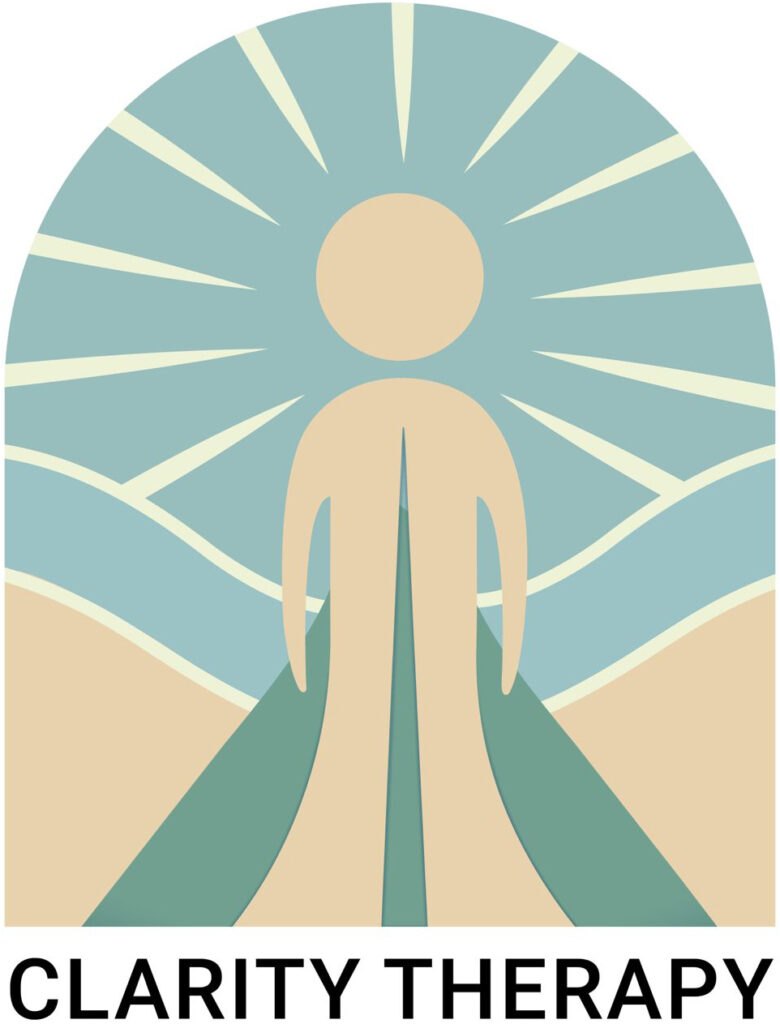For the most part of my life, I used to ask myself, why me? what’s wrong with me?! from being anxious, fearful, and helpless to depressed, isolated, and very lonely. I was defensive and angry; I couldn’t control my bottled-up emotions, and I didn’t have anyone to support or guide me. Between self-blame and blaming others, I didn’t know how to move on. It was only when a friend told me that I am very hard on myself that I realized that the question should be, Why am I?! ..
Though it took a few years to start my journey and a few failed attempts to heal, I thought if I couldn’t be healed or help myself, I still could for others, which may give meaning to my meaningless existence. little that I knew it was the first step to my own healing and growth. I had to face my own self, take responsibility for it, be accountable to myself, discover hidden parts of me, accept what I didn’t know about myself, and accept that I am still learning to accept myself.
I embarked on a journey of self-discovery and self-mastery. In this journey of healing others, I remember the first time I saw my client’s expression change from sadness and frustration to calm and peace. I felt humbled and honored that I got to witness this very intimate moment and many more. With such compassion, I have always been able to inspire change, and this is what motivates me to keep moving forward on this path of supporting others.

